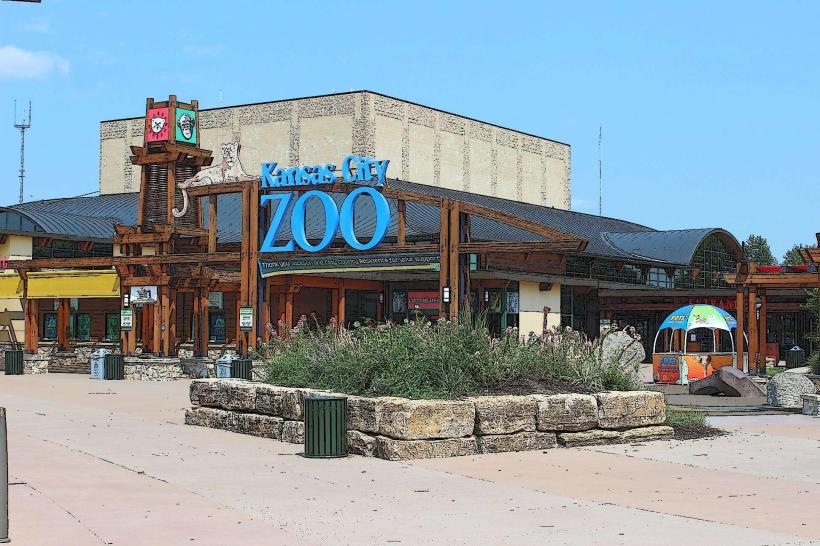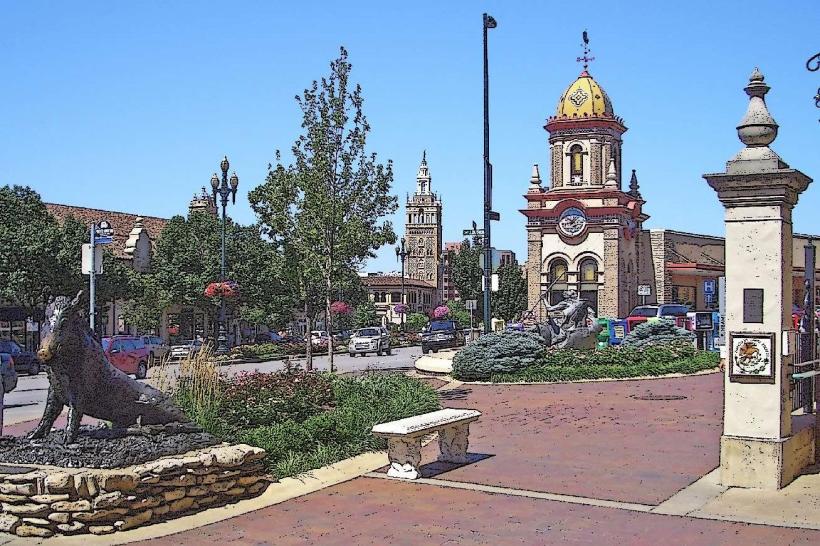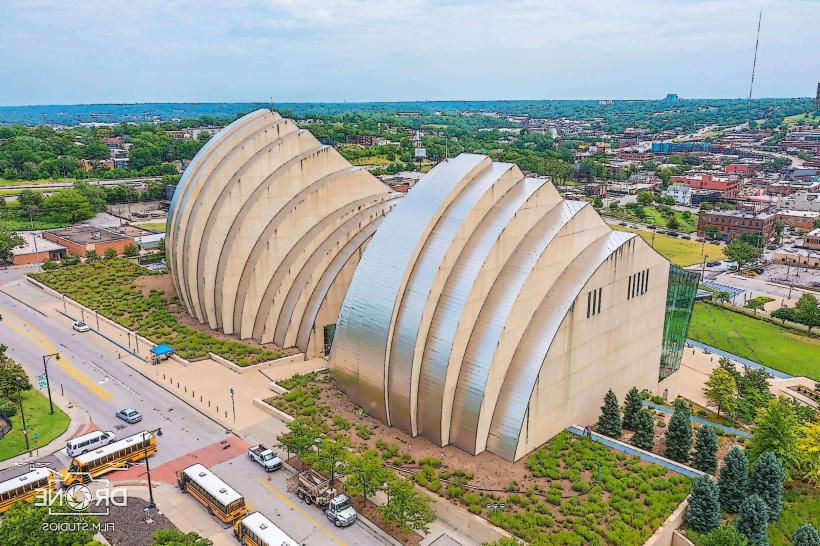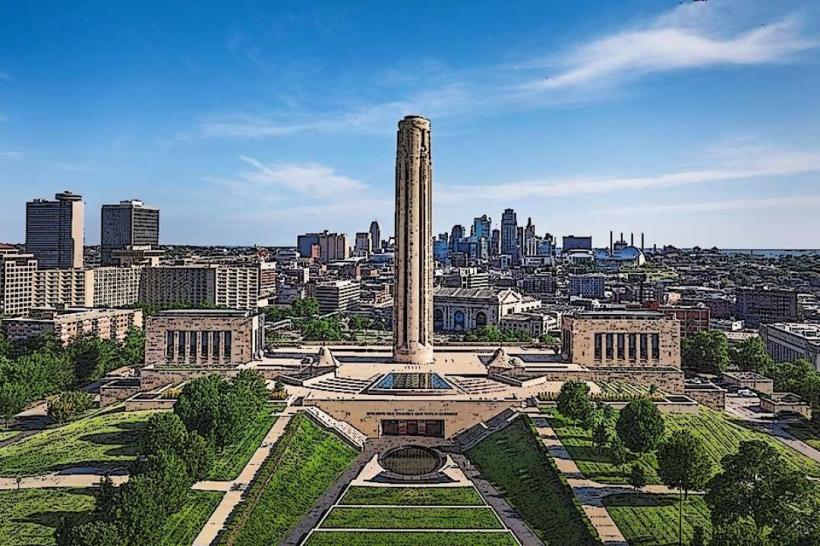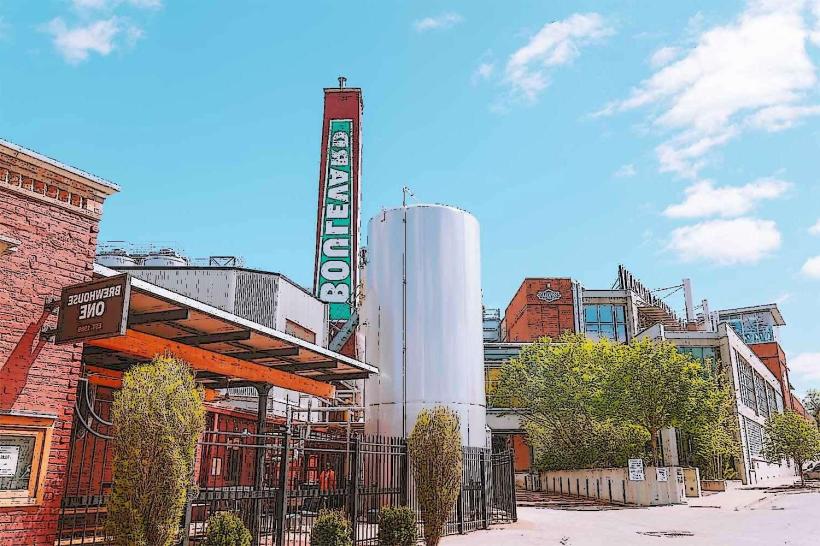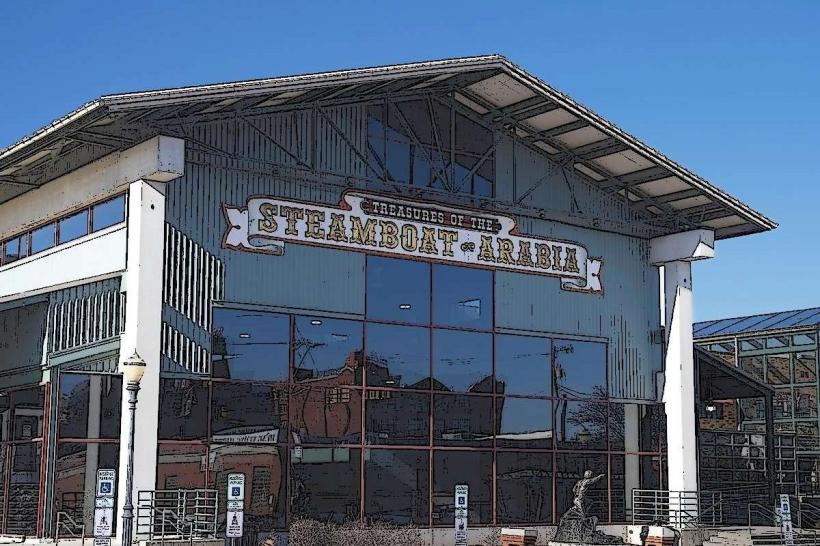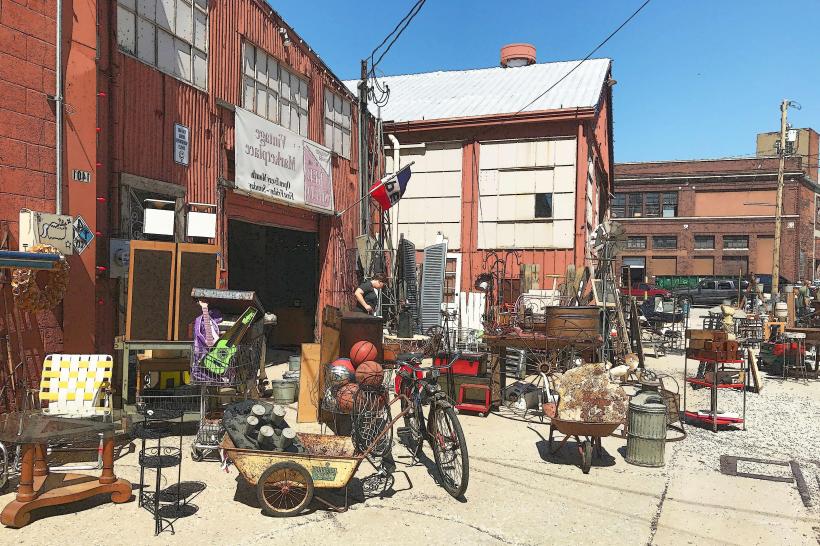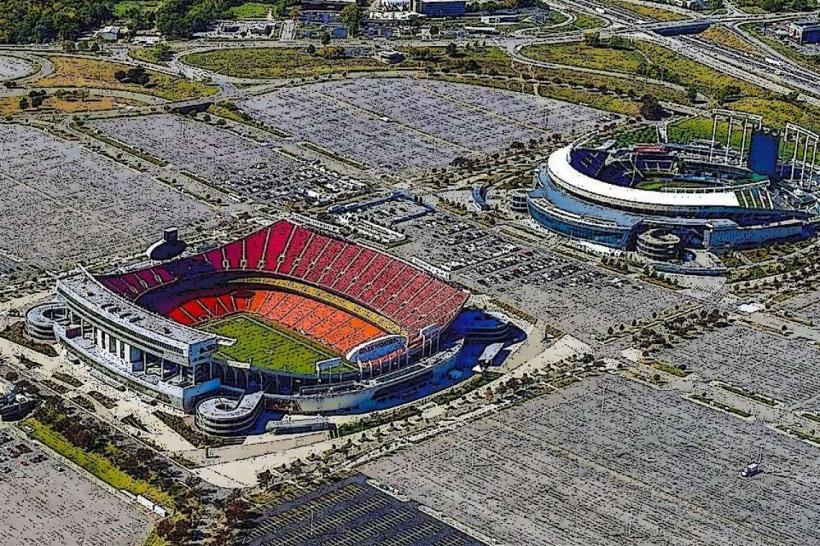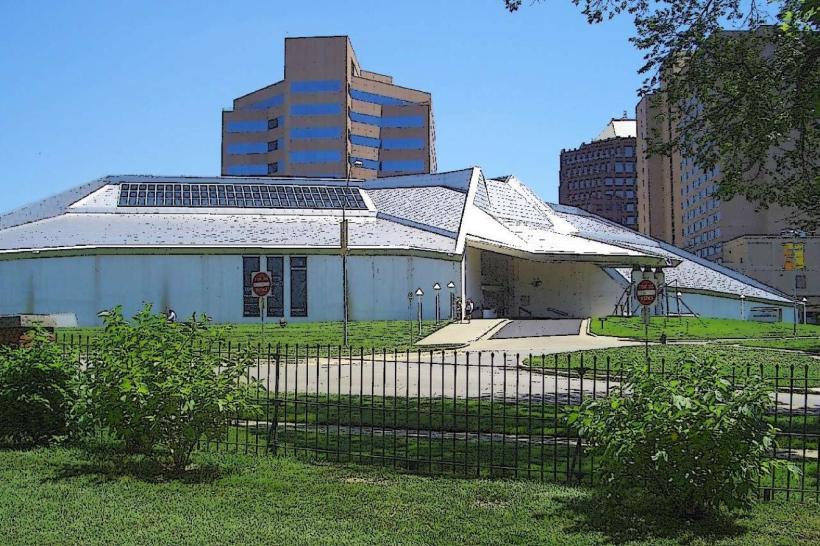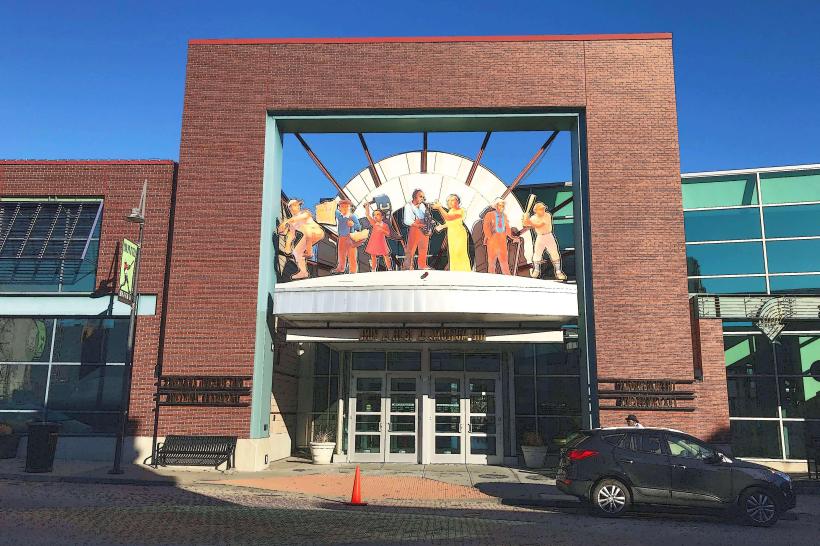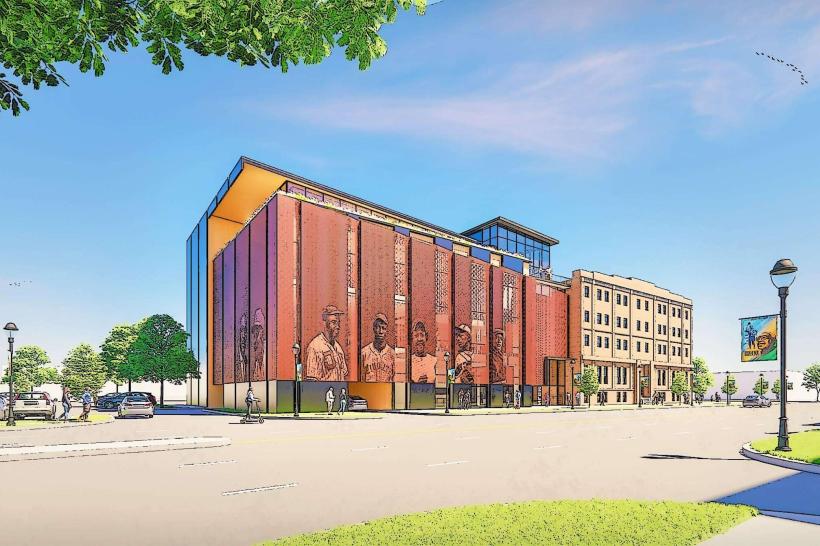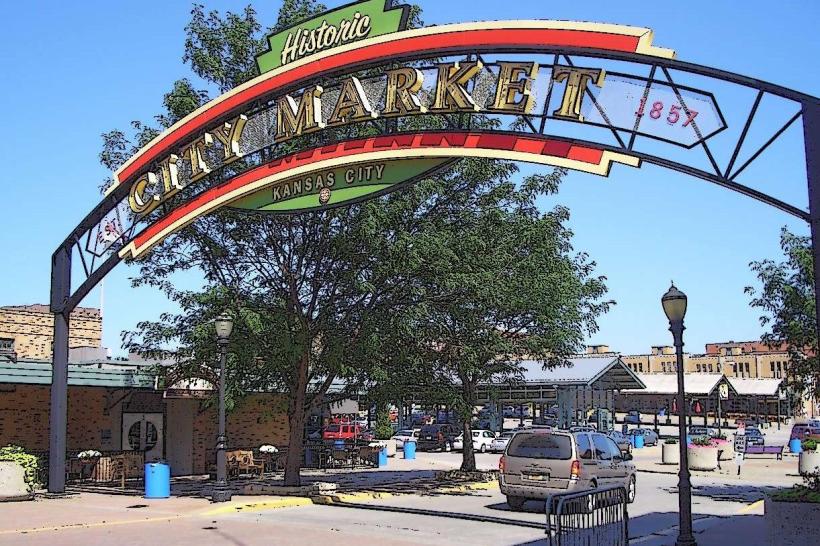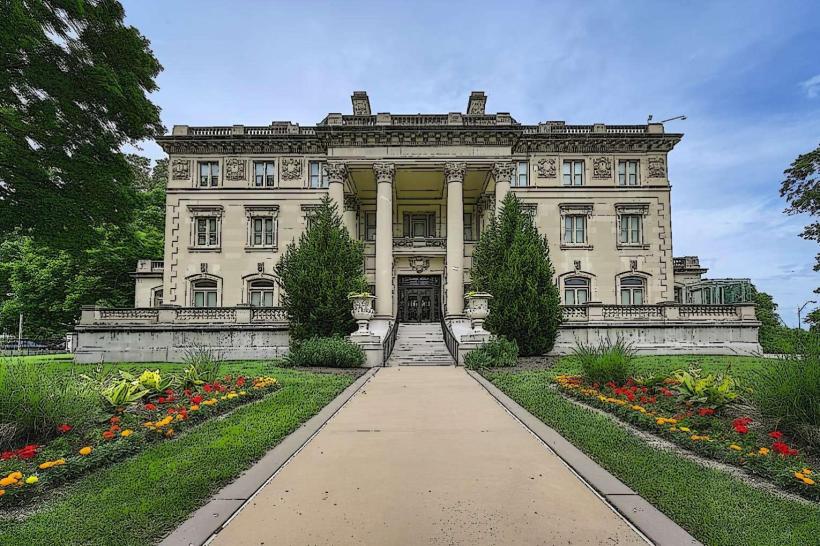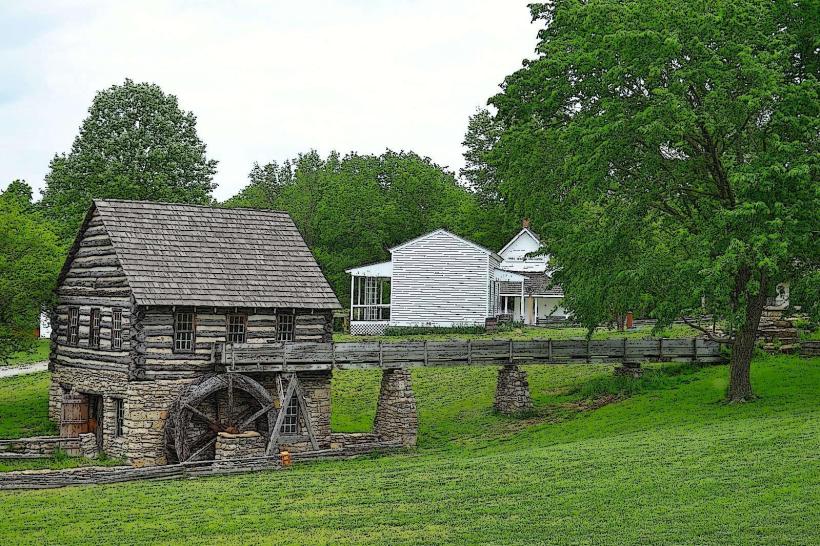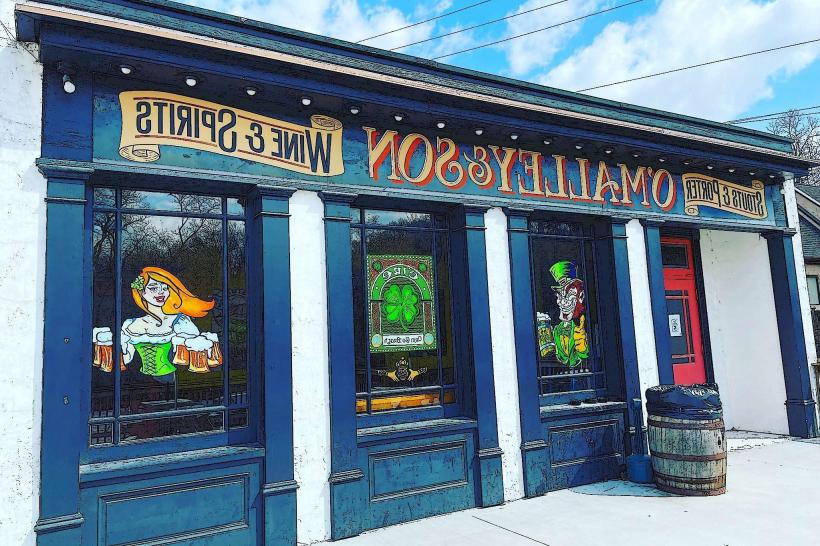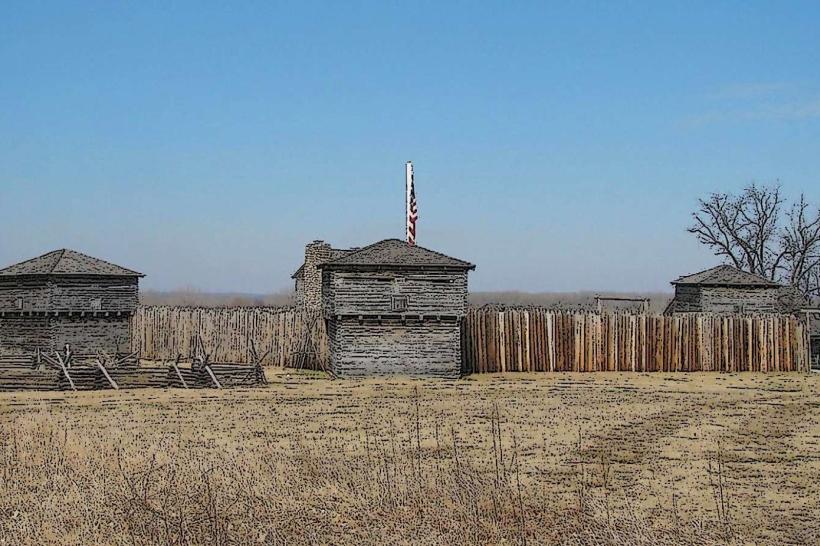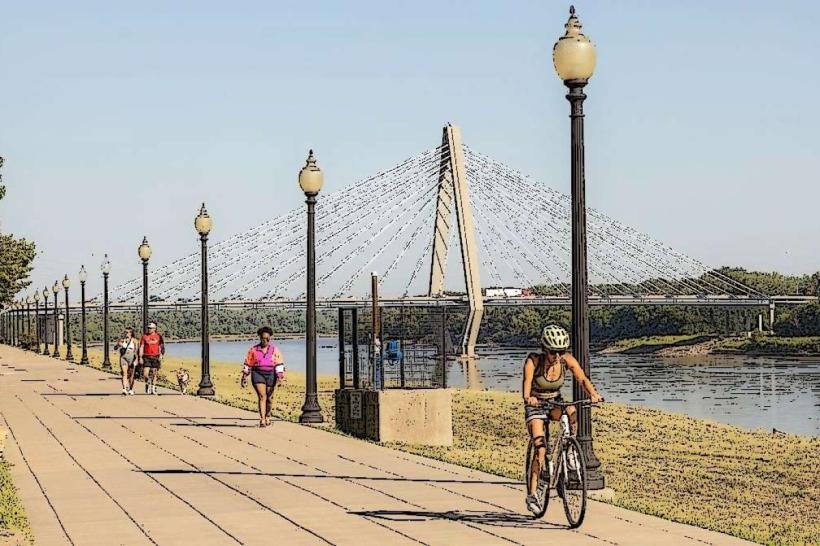Information
Landmark: Weston Bend State ParkCity: Kansas City
Country: USA Missouri
Continent: North America
Weston Bend State Park, Kansas City, USA Missouri, North America
Stage Fort Park is a public park located in Gloucester, Massachusetts, on the site of the first European settlement in New England.
Visual Characteristics
The park features a rocky shoreline with several small beaches. Vegetation consists of mature trees, primarily deciduous, providing shade. The terrain is gently sloped towards the water. Remnants of historical fortifications, including stone walls and earthworks, are present throughout the park.
Location & Access Logistics
Stage Fort Park is situated at 245 Western Avenue, Gloucester, MA 01930. It is approximately 1.5 miles west of Gloucester's downtown center. Driving directions involve taking Route 127 (Western Avenue) directly to the park entrance. Ample parking is available in designated lots within the park. Public transportation options include the GATRA bus line, with a stop located near the park entrance on Western Avenue.
Historical & Ecological Origin
The site was established as a fishing and trading post by English colonists in 1623, making it the oldest continuously inhabited English settlement in North America. The fortifications were constructed in the 17th century to defend the settlement against potential attacks. Ecologically, the area is characterized by a coastal environment with tidal influences.
Key Highlights & Activities
Visitors can explore the historical earthworks and stone walls. Picnicking is permitted in designated areas. Swimming is possible at the park's beaches during warmer months. Fishing from the shoreline is also an available activity. The park hosts various community events and concerts during the summer season.
Infrastructure & Amenities
Restrooms are available within the park. Several picnic tables and grills are provided. Shade is available from mature trees. Cell phone signal (4G/5G) is generally reliable. Food vendors are not permanently stationed within the park, but are often present during special events.
Best Time to Visit
For photography, early morning or late afternoon light offers optimal conditions for capturing the coastline. The best months for weather are typically June through September, offering warmer temperatures suitable for outdoor activities. Tidal conditions do not significantly impact access or activities within the park.
Facts & Legends
A notable historical fact is that Stage Fort was the site of the first recorded Thanksgiving celebration in North America in 1621, predating the Plymouth event. A local legend suggests that during colonial times, a hidden tunnel connected the fort to the harbor, though no evidence of such a tunnel has been found.
Nearby Landmarks
- Cape Ann Museum (0.8km East)
- Gloucester Fisherman's Memorial Statue (1.2km Southeast)
- Bearskin Neck (1.5km Southeast)
- Rocky Neck State Park (3.5km Southwest)
- Hammond Castle Museum (4.0km West)

